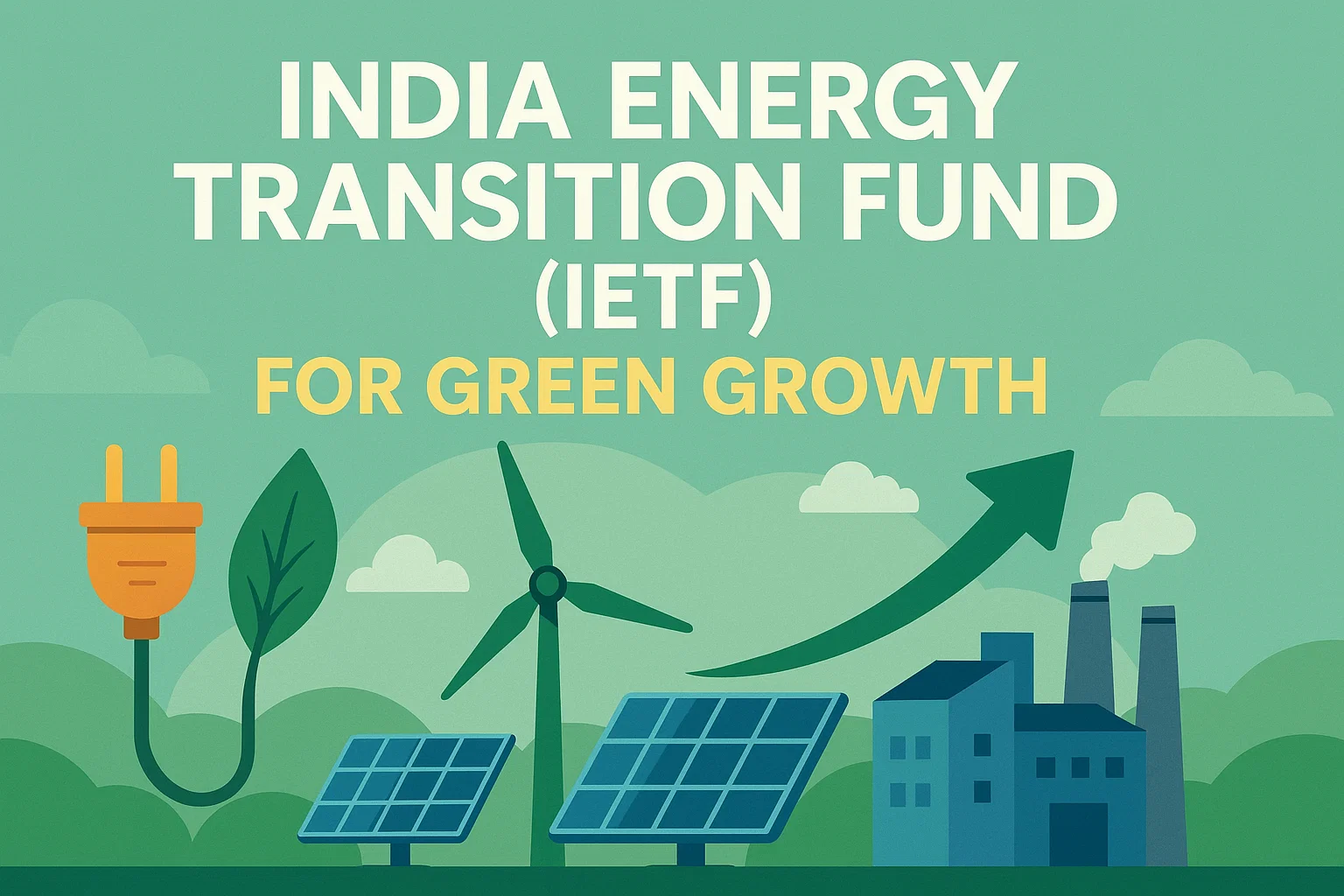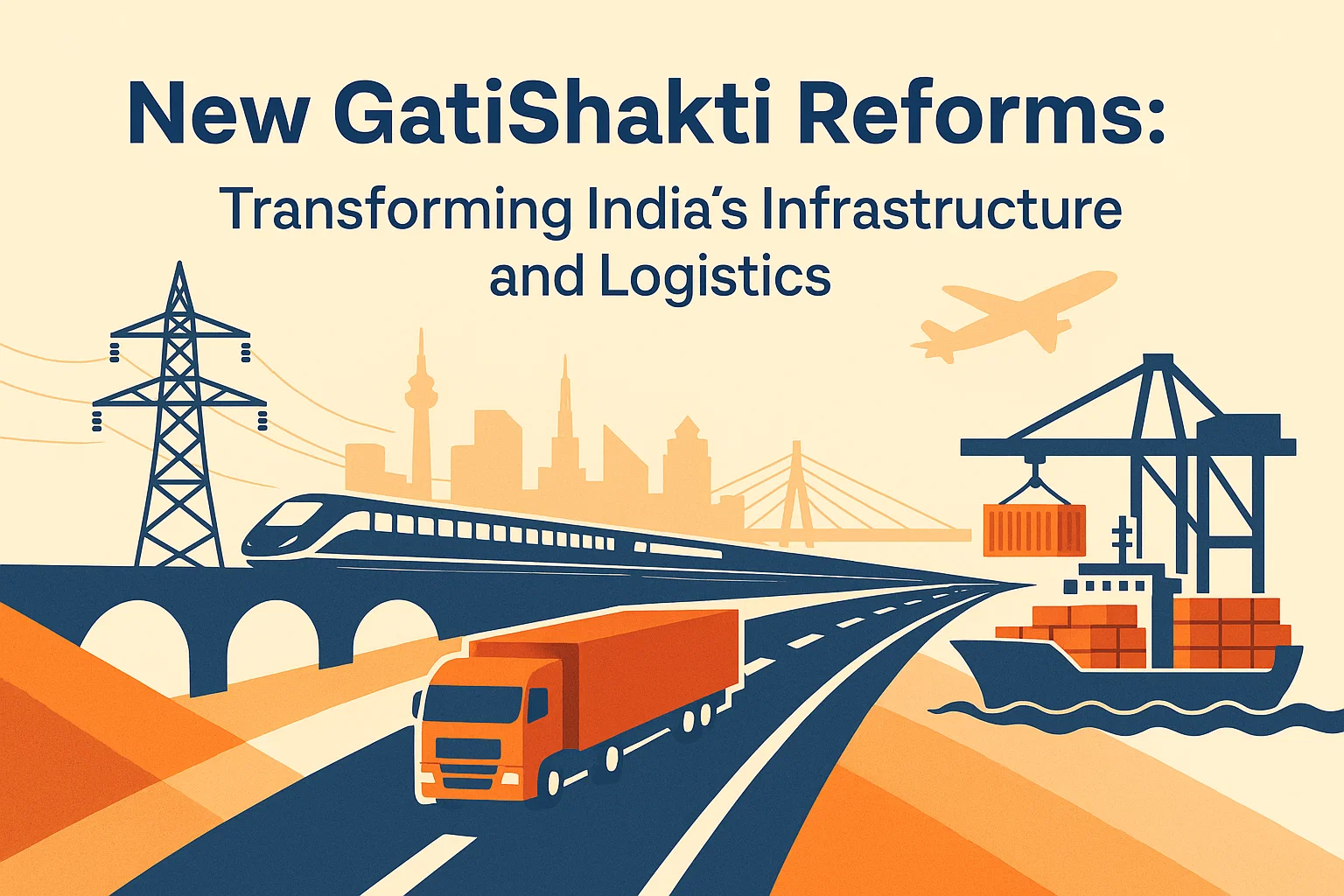Font size:
Print
India as an ‘Oil Money Laundromat’
Context: The recent comments by former White House trade adviser Peter Navarro, labelling India an “oil money laundromat,” exemplify the growing tension between strategic partnerships and the enforcement of a Western-led geoeconomic order.

What are laundromat countries?
- In the context of international sanctions and energy trade, a “laundromat country” is a pejorative term used to describe a nation that acts as a financial and logistical intermediary to circumvent economic sanctions.
- Specifically for Russian oil, it refers to a country that:
- Purchases crude oil from a sanctioned nation (like Russia) at a significant discount.
- Refines this oil domestically into petroleum products such as diesel, gasoline, or jet fuel.
- Sells these refined products at market price to other countries, including those that have imposed the original sanctions on the oil source.
- This process “launders” the origin of the oil, obscuring its source and allowing the sanctioned country to continue earning vital foreign currency (like US dollars or Euros) through indirect means.
- While the practice may not violate the letter of international law or specific sanctions (especially if the oil is significantly transformed), it is criticised for violating the spirit of the sanctions and providing an economic lifeline to the targeted regime.
Why are laundromat countries concerned about the geoeconomic order?
- Sovereignty and Strategic Autonomy: They view the expectation to adhere to sanctions they did not agree to as an infringement on their national sovereignty and right to make independent foreign policy choices based on their own strategic and economic interests.
- Economic Stability and Development: For developing economies like India, access to cheap energy is a non-negotiable prerequisite for rapid industrialisation, economic growth, and poverty alleviation.
- They are concerned that being forced to abandon the cheapest available source of energy would hamper their development trajectory and increase inflation for their citizens.
- Hypocrisy and Double Standards: These countries often point to Europe’s continued (though now reduced) purchases of Russian natural gas via pipelines or the historical lack of enforcement of similar sanctions on other global actors as evidence of a selective and hypocritical application of rules.
- Fear of Secondary Sanctions: Their primary practical concern is the potential imposition of secondary sanctions by the U.S.
- These are sanctions that could target their own companies, banks, and financial institutions for doing business with Russia, cutting them off from the dollar-dominated global financial system (e.g., being excluded from SWIFT).
- This threat represents a direct tool of enforcement that could force compliance with the Western-led order, regardless of their objections.
- Reshaping Global Governance: There is a longer-term concern among emerging powers about being forced to choose sides in a new Cold War.
- They prefer a multipolar world where they can maintain relationships with multiple blocs (the U.S., Russia, China) rather than a bipolar order where Western alliances constrain their economic choices.


